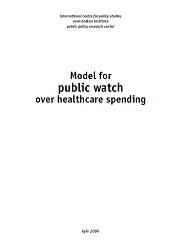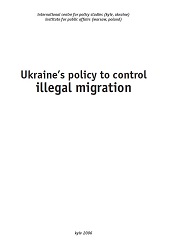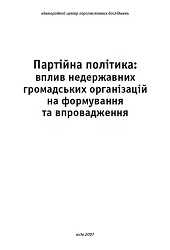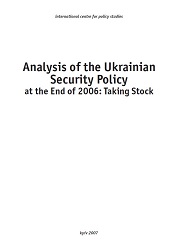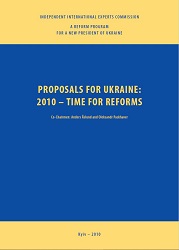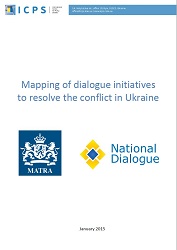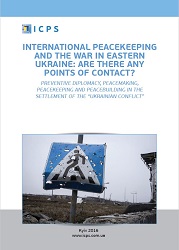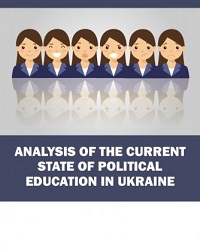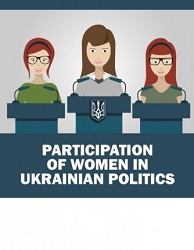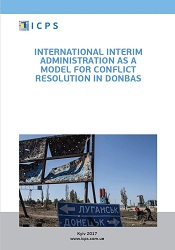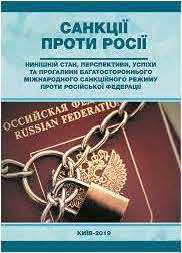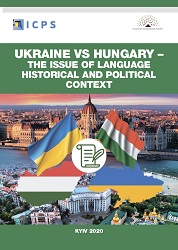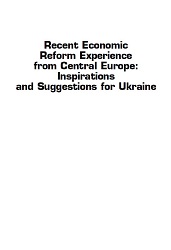
Recent economic reform experience from central Europe: inspirations and suggestions for Ukraine
Recent economic reform experience from central Europe: inspirations and suggestions for Ukraine
This publication consists of articles written by experts from Visegrad countries (CzechRepublic, Hungary, Poland, and Slovakia) and features these countries’ experience in economic reforms on their strategic paths to EU accession. This publication was prepared as part of the “Transferring Slovak Economic Reform Know-How during Pre-Election and Post-Election Debates in Ukraine” project, a joint initiative of the Institute for Economic and Social Reforms INEKO (Bratislava, Slovakia) and the International Centre for Policy Studies (Kyiv, Ukraine). The main goal of this project is to promote further economic growth and alleviate poverty in Ukraine through improved economic reform policy design and implementation.
More...
